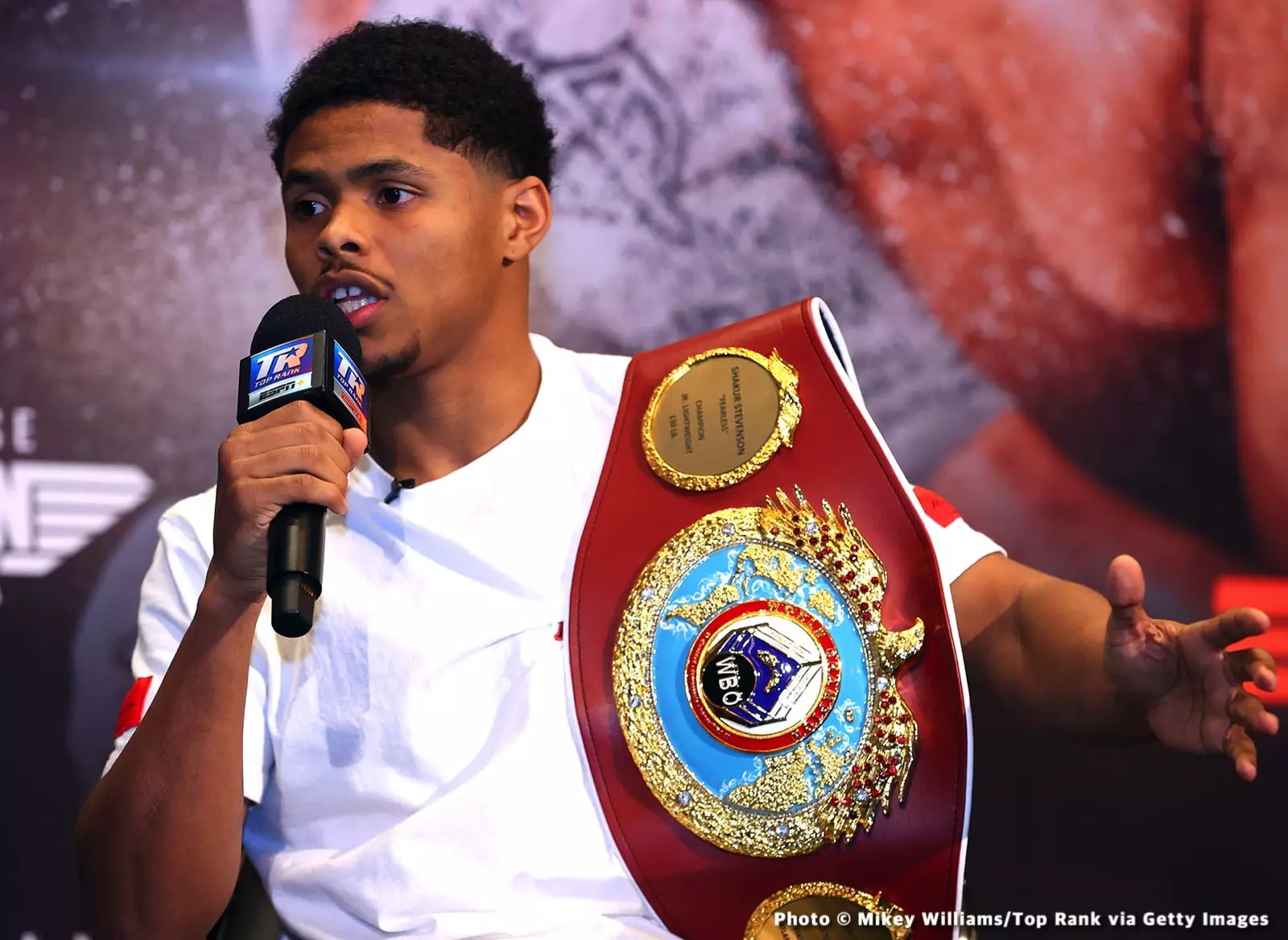In the world of boxing, an undefeated record often elevates a fighter into the realm of myth, symbolizing invincibility and unmatched dominance. Floyd Mayweather’s perfect 50-0 record is a testament to that cultural ideal. Yet, beneath this polished veneer lies a complex narrative that questions whether unwavering perfection truly defines greatness. Mayweather’s controversial decision loss to Jose Luis Castillo in 2002 serves as a stark reminder that even the most carefully curated records are susceptible to imperfection. Critics argue that Castillo deserved to be awarded the victory, leaving Mayweather’s pristine record open to debate. This blemish, often brushed aside by the mythos surrounding Mayweather, exposes a critical truth: greatness isn’t measured solely by flawless records but by resilience, adaptability, and the capacity to learn from imperfection.
Imposing a perfect record creates a compelling narrative, but it risks oversimplifying the nuanced and unpredictable nature of combat sports. Every fighter, regardless of their skill and preparation, faces moments of vulnerability. Recognizing this complexity challenges the obsession with an unblemished record, urging fans and analysts alike to value fighters’ ability to grow, adapt, and persevere through adversity. In the end, the fighters who embrace their flaws and learn to navigate them forge legacies that resonate deeper than statistics.
Historical Echoes: Lessons from Oscar De La Hoya’s Predictions
Oscar De La Hoya, an iconic figure in boxing, offers a compelling perspective by drawing parallels between past and present battles. His recent analysis of the upcoming Stevenson-Zepeda fight underscores a profound understanding of fight dynamics rooted in history. Comparing Stevenson to Floyd Mayweather and Zepeda to Jose Luis Castillo, De La Hoya emphasizes that boxing’s most thrilling contests often hinge on style clashes, strategic resilience, and the mental toughness of fighters.
De La Hoya’s assertion that Stevenson fights “like Mayweather,” with impeccable footwork and defensive mastery, aligns with his acknowledgment that even the most technically sound fighters can be vulnerable when facing relentless opposition. His prediction that Zepeda’s aggressive style and high output could upset Stevenson’s calculated approach echoes the lesson from Mayweather’s loss to Castillo: that offensive pressure, volume, and stamina can unsettle even the most meticulous technicians.
This insight challenges a common misconception: that purity of technique alone guarantees victory. Instead, De La Hoya highlights that fight IQ encompasses the willingness to press, adapt, and take risks. His comments reflect an understanding that boxing is an unpredictable chess match, where psychological fortitude and adaptability often outweigh raw skill alone.
The Real Power Dynamics: Style, Strategy, and Mental Toughness
What makes the Stevenson-Zepeda clash so compelling isn’t just the fighters’ skills, but the deeper strategic battles at play. Will Zepeda’s relentless pressure challenge Stevenson’s defensive prowess? Can Stevenson use his technical mastery to time Zepeda’s aggression and turn defense into offense? These questions reveal that success in boxing ultimately hinges on adaptability — the ability to read your opponent, adjust strategies mid-fight, and capitalize on opportunities.
Zepeda’s aggressive approach, throwing punches in volume and applying constant pressure, tests Stevenson’s ability to maintain composure and utilize tactical counterattacks. Conversely, Stevenson’s technical finesse demands precision and patience; to beat Zepeda, he must avoid becoming overwhelmed, perhaps by leveraging angles, superior footwork, and accurate counters like check-hooks. The outcome hinges on a fine balance: Zepeda’s stamina and output versus Stevenson’s craft and timing.
Do fighters’ physical attributes—such as brittle hands or exceptional output—determine the fight’s outcome? Or are mental attributes like patience, strategic thinking, and resilience more decisive? The question invites deeper reflection on what truly defines a champion. In that sense, the fight isn’t solely about fists but about minds—how fighters handle pressure, adapt to chaos, and stay true to their game plans against mounting adversity.
The Unpredictable Beauty of Boxing’s Uncertain Moments
What makes boxing transcendent isn’t just the raw talent, but its inherent unpredictability. Just as Mayweather’s perfect record was challenged by Castillo, modern bouts like Stevenson versus Zepeda might defy expectations. The judges’ decisions, often clouded by subjective perspectives, reveal that boxing is as much about interpretation as it is about skill.
The richness of the sport lies in its capacity to surprise, to expose flaws, and to reward ingenuity. Every punch thrown, every defensive slip, and every strategic correction adds layers to what ultimately becomes a testament to human resilience. Whether a fight ends in unanimous decision or controversial split, the true victory resides in the narrative woven through each moment—one that celebrates perseverance over flawlessness and tactical finesse over brute strength.
In the end, boxing’s most enduring legacies aren’t built on perfect records or flawless performances but on fighters’ ability to grapple with their own limitations and turn adversity into artistry. The upcoming bouts, steeped in history and strategy, reaffirm that true mastery in the ring is an ongoing journey of discovery, resilience, and relentless passion.

